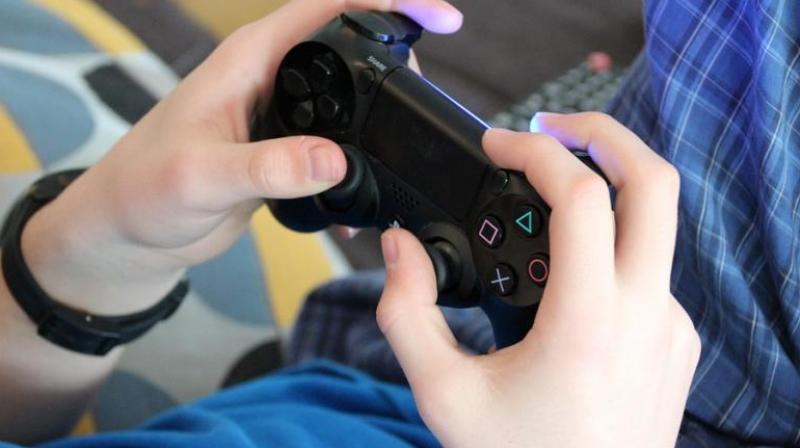Online players love addiction
Less surprisingly, a 46 per cent of them are loving it.

Hyderabad: Studies on the gaming disorder have found that as players spend nearly 12 hours at consoles so much so that their life preferences have seen a major shift from the real to the virtual. Less surprisingly, a 46 per cent of them are loving it.
On the medical front, the gaming disorder or gaming addiction will have a mental health disorder tag attached to it if the World Health Organisation (WHO) has its way. Before arriving at this conclusion, the studies looked into the effects of excessive playing on the brain and the mind.
The WHO is moved by the negative impact of the gaming addiction and its corollary ability to force the youths to get addicted to substance dependence and aggressive behavioural changes.
Dr Swapna Sharma, a senior psychiatrist, said, “Behavioural changes in terms of aggression, demand for immediate satisfaction and lack of patience are some of the immediate signs. There are also physical symptoms like fatigue, headache, swollen eyes and dizziness as the mind and the eyes are constantly fixed onto a moving screen.”
Twenty studies on brain scans around the world were taken up to understand how the gaming addiction works on the mind and the chemical reactions it produces. The estimates showed that the problem ranges from 0.2 per cent to 1 per cent in five individuals.
The research by neuroscience units in colleges and hospitals found that the brain looks at the game as a reward and a motivation in the beginning. But when the addiction kicks in, it works in the reverse manner with the anti-reward system and deficiency. The addiction varies from person to person.
Dr K.R.S. Ramya, a psychologist, noted, “Those who are lonely or are angry for being compared to their siblings find gratification in these games. Hence the trigger is not the game but an emotional trauma which makes them dependent on the game. Once the real problem is identified, these addictions can be got rid of.”

